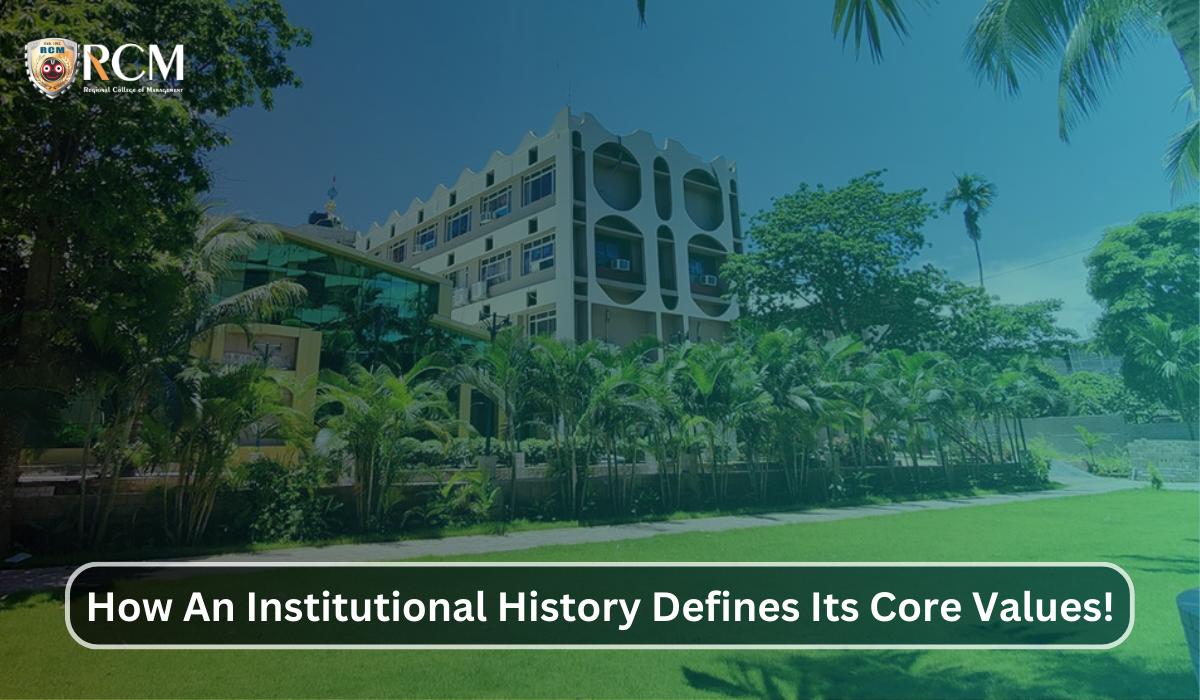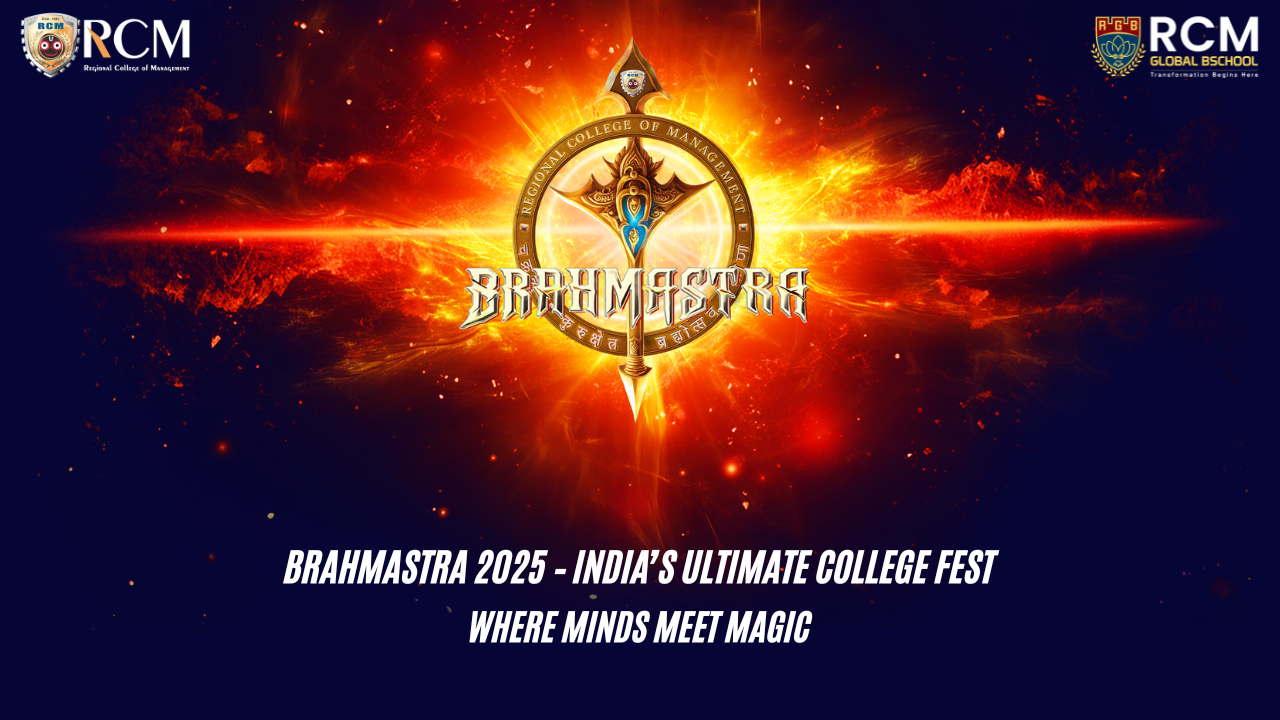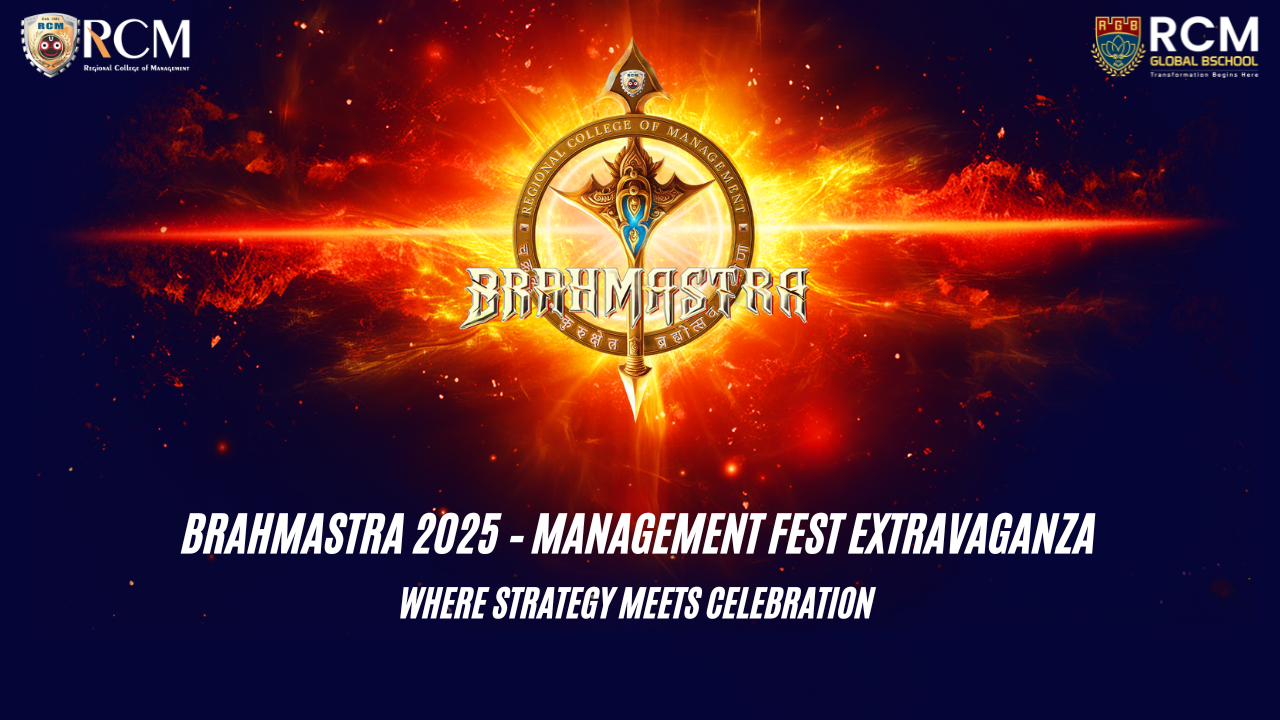An institution’s history and its legacy are the foundation of its values and purpose, which reflect the present scenario and are redefined in the future too. A fundamental belief is important for its overall preparation and function.
Values, on the other hand, are innate principles that are independent of a specific circumstance and are used to guide proactive choices that shape long-term acts and establish what can be anticipated of that institution.
What Impact Do Values Have On An Institution?
The organization’s mission, objectives, and direction are all outlined by these values, which serve as its guiding principles. They demonstrate the organization’s commitment to and adherence to the values, beliefs, and principles that it upholds.
Here Are Some Ways In Which An Institutional History Defines Its Core Values

A foundational component of an organisation’s core values is its founding principles. These values serve as the foundation of the organisation and are frequently ingrained in its culture and past. The institution’s core values ought to reflect its founding ideas and be a reminder of its goals.
Traditions and Culture: The traditions and culture of an institution are very important in defining its core values. These are the traditions, viewpoints, and behaviors that have persisted within the organisation from one generation to the next. They inspire the organisation’s members and aid in defining the institution’s identity.
Institutional Achievements: An institution’s accomplishments and success also support its guiding principles. The accomplishments and milestones of the organisation aid in defining its strengths and the values that enabled those successes are frequently celebrated and reinforced.
Leadership: An institution’s leadership greatly affects its core values. The leaders’ beliefs and methods of leadership frequently affect the institution’s values. Therefore, having leaders who uphold the institution’s core values and encourage others to do the same is crucial.
The Regional College of Management: The First Management College In Odisha
The Regional College of Management (RCM), Bhubaneswar, founded in 1982, set out with the specific goal of guiding and empowering students. Since then, the institute has significantly expanded its presence and impact across all areas of management education. Today, RCM stands as a renowned institution, widely recognized for shaping and preparing future business leaders.
The Institute, one of the top management schools in the nation, is home to more than 30,000 students. As demonstrated by RCM’s motto, “Passion for Innovative Education,” tradition and innovation meld together to give students an exceptional academic experience. In all its endeavors, RCM aspires to achieve and maintain exceptional quality.
For more than a decade, RCM Bhubaneswar has consistently maintained a strong placement record. RCM maintains regular industry interaction by conducting business-related research projects, seminars, and workshops.
By implementing industry-specific and globally relevant curricula, the institute aims to prepare its students to be “job creators instead of job seekers.” RCM purposes its past to shape its present as it progresses. Every success and innovation that RCM has made support its guiding principles.
In Conclusion
When defining an institution’s core values, its history is an important consideration. These values are shaped by the organization’s founding principles, culture, traditions, institutional success, and leadership. These principles serve as the foundation of the organisation and direct its d;ecisions, actions, and interactions with others.



















